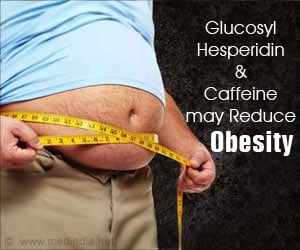Adolescents indicated they perceived drinking caffeinated beverages as a sign of being grown up and easy access to it, influenced the intake.

TOP INSIGHT
Caffeine is a central nervous system stimulant. It prevents drowsiness caused by adenosine, which is a natural sleep stimulant.
Caffeine overconsumption and caffeine intoxication have serious health effects, even in moderate doses.
"With that in mind, we need to correct the misconceptions adolescents have regarding certain aspects of caffeine," Battram added in the paper published in the Journal of Nutrition Education and Behavior.
For this, the team developed a study to determine attitudes and beliefs as well as factors influencing caffeinated beverage consumption among adolescents.
In a study of 166 youth (42 percent male and 72 percent in grades 9 and 10), researchers found that nearly half (44.6 percent) of the respondents drank caffeinated beverages one to six times per week.
Adolescents indicated they perceived drinking caffeinated beverages as a sign of being grown up and the lack of barriers and easy access to those beverages also influenced how often they would drink those beverages.
Source-IANS
 MEDINDIA
MEDINDIA




 Email
Email







